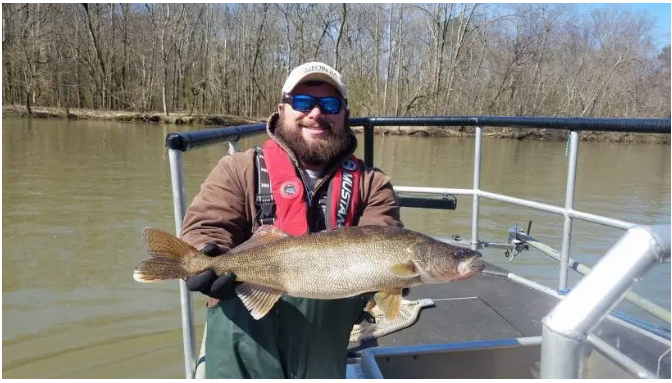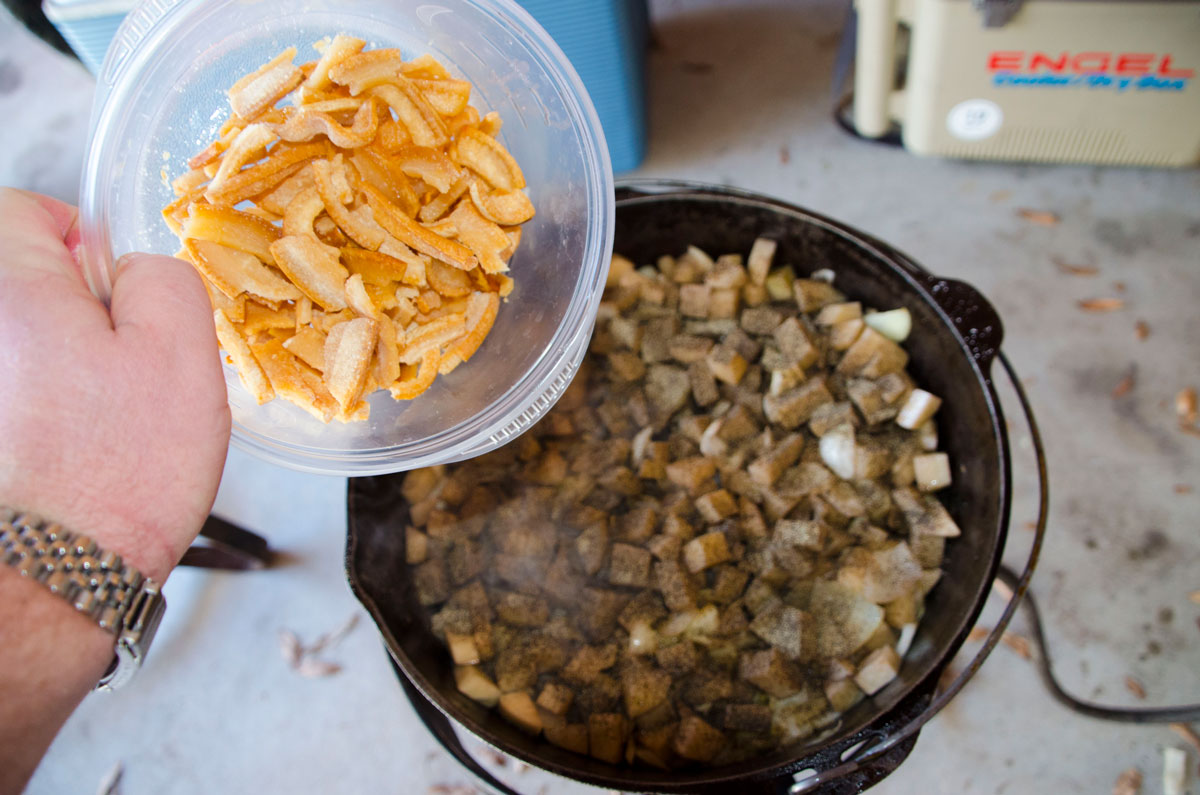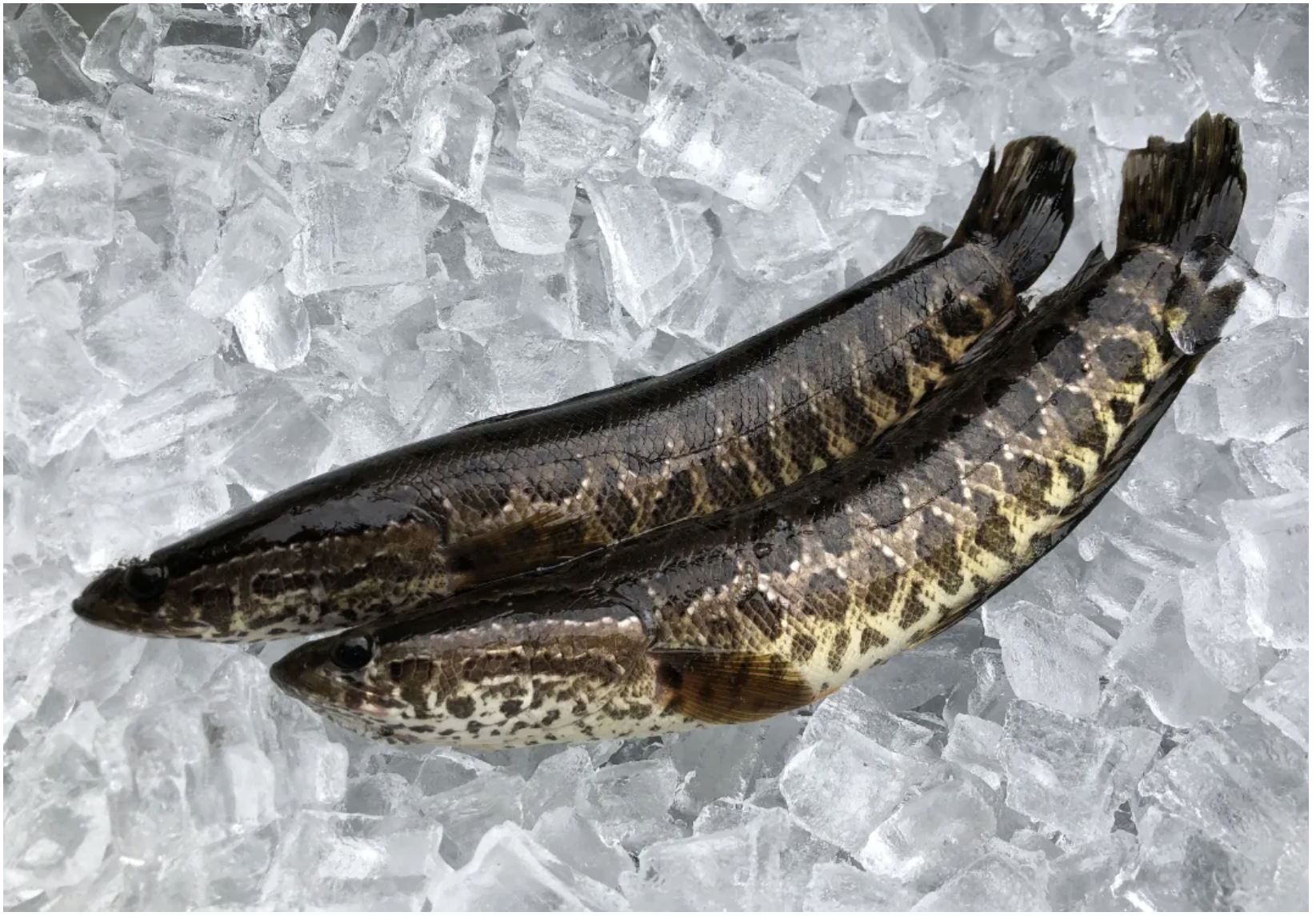A campaign to combat tegus in Toombs and Tattnall counties, Georgia, is making a last push for the public’s help before the big, invasive lizards go into brumation for winter.
DNR and Georgia Southern University reached out to residents and media last week. The take-homes: Tegus don’t belong here. Report any you see – alive or dead.
Argentine black and white tegus have established a population here from released or escaped animals. Most sightings are in eastern Toombs and western Tattnall.
While popular in the pet trade, these South American lizards spell trouble for native wildlife. Argentine black and white tegus grow up to 4 feet long and 15 pounds, and eat everything from rats and skinks to blackberries and beetles. But they favor eggs. The eggs of ground-nesting birds, such as quail and turkeys, and gopher tortoises, our state reptile, are subject to predation. Chicken eggs are another draw.
With support from the U.S. Geological Survey and DNR, Georgia Southern is trapping tegus. Nine have been collected. Nearly 100 traps are being monitored.
Have You Seen Tegus in the Wild?
From hunters to farmers, Georgia DNR is asking everyone in Toombs and Tattnall counties to watch for tegus when outdoors and report any of these non-native lizards they see. Argentine black and white tegus have been found in the wild in eastern Toombs and western Tattnall. These lizards native to South America pose a threat to Georgia's wildlife. DNR is working with Georgia Southern University and the U.S. Geological Survey (USGS) to stop their spread, but we also need the public's help. For more information and to report tegu sightings visit: http://bit.ly/2kOhCTS
Posted by Wildlife Resources Division – Georgia DNR on Thursday, September 12, 2019
Reports by residents can hone that trapping effort and help scientists better understand the abundance and distribution of tegus in the area. Early detection and a rapid response are keys to preventing the spread and impact of invasive species.
To report tegus, take a photo (if possible), note the location and log the sighting at www.gainvasives.org/tegus or by contacting DNR at (478) 994-1438 or gainvasives@dnr.ga.gov.
Note that tegus in the wild can be trapped or killed in a humane fashion and in accordance with local ordinances. As a non-native species, they are not protected by Georgia wildlife laws or regulations.




